Ultimate Houston History Reading List
For Lovers of Houston History, Followers of Houston Politics, and Houston Community Organizers
I have wanted to write this post for a while because it’s something that I, myself, will want to continually re-read for self-guidance. I organize a lot in Houston, and spend my days understanding the current events of Houston’s political atmosphere, but our city’s history gives important context to these events as they unfold.
I have not read every book on this list, or even most of them. I have bolded the titles that I have read, and provided information about what I think of them. For titles I have not read, I will add a small synopsis based on third party sources and prattle on about why I want to read it or what my first impression is.
You will also notice that not all books are explicitly about Houston. I included many books that cover Texas (and the areas it was known as before the short-lived Republic of Texas was born in 1836) more broadly. Knowing about the state and region as a whole deepens our understanding of our Houston, Harris County, and the broader Gulf Coast region.
I hope to update this list over time by bolding books as I read them, writing more summaries, and enhancinge old summaries with more personal analysis.
Snapshot of the Houston History Reading List
2. Houston Blue by Roth and Kennedy
5. Prophetic City by Stephen L. Klineberg
6. One Million Acres & No Zoning by Lerup
7. The Houstorian Dictionary: An Insider’s Index to Houston by Glassman
9. Make Haste Slowly by Kellar
10. Labor, Civil Rights and the Hughes Tool Company by Botson
12. Dissertation on the Klan in Wharton County by Walters
14. Secession and the Union in Texas by Buenger
16. Free Enterprise City by Feagin
18. Blood and Money by Thompson
19. Murder and Mayhem in Houston by Lomax and Vance
20. They Called Them Greasers: Anglo Attitudes toward Mexicans in Texas, 1821–1900 by De Leon
21. The Tejano Community, 1836-1900 by De Leon
22. Militarizing the Border: When Mexicans Became the Enemy by Levario
23. Brown, Not White: School Integration and the Chicano Movement in Houston by San Miguel, Jr.
24. Thesis on a History of Texas Sugar Cane with Special Reference to Brazoria County by Watts
27. One Dies, Get Another: Convict Leasing in the American South, 1866-1928 by Mancini
29. White Over Black: American Attitudes toward the Negro, 1550-1812 by Winthrop
31. No Color Is My Kind: The Life of Eldrewey Stearns and the Integration of Houston by Cole
32. Black Dixie: Afro-Texan History and Culture in Houston by Beeth and Wintz
33. Invisible Houston: The Black Experience in Boom and Bust by Bullard
34. Cult of Glory: The Bold and Brutal History of the Texas Rangers by Swanson
35. The Injustice Never Leaves You: Anti-Mexican Violence in Texas by Munoz Martinez
37. True Stories of Old Houston and Houstonians by Young
40. The Church in the Barrio: Mexican American Ethno-Catholicism in Houston by Treviño
42. Houston Rap Tapes: An Oral History of Bayou City Hip-Hop by Walker
44. Contested Empire: Rethinking the Texas Revolution by Schlereth
45. Murder in Space City: A Cultural Analysis of Houston Homicide Patterns by Lundsgaarde
46. A People's War on Poverty: Urban Politics and Grassroots Activists in Houston by Phelps
47. The Last Sheriff in Texas: A True Tale of Violence and the Vote by McCollom
52. Forget the Alamo: The Rise and Fall of an American Myth by Burrough, Tomlinson, and Stanford
1. Houston Bound by Steptoe
Maybe my favorite book about Houston. Houston Bound focuses on the intersection of music and various cultures navigating the color line in Houston. Some people could literally switch from the back of the bus to the front after transferring from one side of town to the other. They had friends who couldn’t, though, forcing them to choose to head for the front of the bus or to hang back. Mexican communities also had their own challenges to figure out surrounding the color line, some of which the book discusses. The book goes into all of that, while covering the rhythms and blues in the music of all of these communities and the ways the music and people blended to develop a vibrant musical culture here in Houston.
It also counters the myth that Zydeco is from Louisiana. Zydeco is from Houston. That blew me away.
2. Houston Blue by Roth and Kennedy
Houston Blue covers policing in Houston from the 1830s through when it was written in 2012. The summary suggests some sympathy for police chiefs and other high ranking officials, but it also hits a lot of the high beats in Houston history such as, per the book jacket, “the killings of Randy Webster and Joe Campos Torres; and the Camp Logan, Texas Southern University, and Moody Park Riots.”
These events are significant in the development of Houston’s race and class relations, and the topic of policing in Houston is the key to understanding how the city operates.
3. Power Moves by Shelton
Community organizers should read this, especially Houston organizers. I have long thought that the area of Houston itself, all sprawled out and unplanned, was in an unhealthy relationship with its own media system. Journalists can’t get around Houston as fast as they can other cities. Pedestrians can’t gather as easily. There is traffic in all directions at all times because there are areas that are commercial and areas that are residential all jumbled up and randomly assorted, as if someone rolled them from a giant Yahtzee cup.
Power Moves details the history of several major infrastructural projects in Houston and Harris County. It discusses the way elites from the private and public sectors worked together to shape the city without regard for the opinions of residents, many of whom fought back. The book shows the inequities of development; white homeowners many decades ago could more easily get the attention of City Hall, even if no early efforts reshaped infrastructure in a meaningful way. Black communities in Houston have seen homes, businesses, school, and parks lost to giant freeway projects right through the middle of historic neighborhoods. There is hope, though; the book eventually describes how the majority-Latino community of Denver Harbor was able to greatly shape the outcome of a major project through protest, advocacy, and traditional lobbying directly from residents. These efforts provided a method for people to organize and oppose infrastructure projects in Houston, a major feat for people in this city. Shelton does a good job capturing the lessons, which have already been put to use and had a successful impact for organizers working on preventing or reshaping the I-45 expansion.
4. The Big Rich by Burrough
You can’t get your head around Houston if you don’t know about the history of oil. For a lot of people, Texas = Oil.
The Big Rich reinforces that image in tone even as it dispels it as an overly broad generalization in its text. Nevertheless, the book explains oil history in the region and paints a vivid picture of the rise and lifestyle of the big four original Texas oil oligarchs (two from Houston, two from Dallas): Cullen, Murchison, Richardson, and Hunt.
The characters in the book are written to stick, and the gravity of that industry’s early movement is staggering. People became millionaires overnight through guesswork and word-of-mouth. They would have to put out their cigarettes if the ground started rumbling so they didn’t catch fire and explode when the oil spurted out. They likely were the richest men in the world, but no one had a way of measuring it. They played heavily in politics, funding Lyndon Johnson into the White House. The media didn’t catch on to the fact that oil men were running the show and rolling in dough until the 60s, when the press finally caught wind and inked stories about it, a followup chapter to the rise of crude gold.
Everyone should read this one, especially eco organizers.
5. Prophetic City by Stephen L. Klineberg
Klineberg is an academic expert who studies changing attitudes in Houston. He gives you insight into the kind of perspective that earns universal respect amongst academics and broad support among Houston’s policy nerds. The stories are not as dynamic as those of many other Houston history books, and I could critique some of the charts. Still, Klineberg comes in good spirit. He is positive about the future of Houston, and I learned plenty reading it.
6. One Million Acres & No Zoning by Lerup
Houston is a large unregulated unplanned concrete monster, and Lerup looks at it as a test case for what that means. More and more cities are like Houston, suburban cities that Lerup calls “black hole of recent urbanism, absorbing human energy and resources but seldom revealing the principles of its operation.”
Fair warning: the author believes zoning leads to “corruption” even as he offers comedic criticism at how we have planned things. I don’t subscribe to his ideology. I am just curious what his book says.
7. The Houstorian Dictionary: An Insider’s Index to Houston by Glassman
I have a love-hate relationship with The Houstorian’s material. I love the effort and the dedication put toward preserving Houston history. I love that the Houstorian will give you a complete read of Old Guard Houston figures.
What I do not love is how passive the approach to history is. Carl Hampton is not in this book; Walter Fondren is.
As the rest of this list indicates, Houston’s history is full of interesting, textured, fascinating tales that are critical and measured about all figures of Houston, both the most well-known and the most obscure. If I want a basic, noncritical overview of Jesse Jones and others who have streets and downtown buildings named after them, I can read the plaques near Minute Maid Park.
Still, it’s a decent book for beginners or dabblers in Houston history.
8. A Profile of Immigrants in Houston, the Nation’s Most Diverse Metropolitan Area, a report from Migration Policy Institute by Capps, Fix, and Nwosu
Report from UN-experienced researchers on Houston’s immigration patterns, published in 2015. A few choice facts in there: we have a high percentage of undocumented immigrants, and explosive growth centered in Harris County. None of that will surprise the average Houstonian. The data is still interesting and informs our policy views. Since the report was written, Houstonian sentiment on immigration has whipsawed between the positions of ICE abolition and near-Trumpian sentiments depending who you talk to.
It’s also interesting to see that Houston was the 12th ranked city for Canadian immigration from 2008-2012. While we punch below our weight for incoming Canadians, a few thousand per yard still arrive in the Greater Houston region.
My money is on the Alberta-Texas migratory pipeline. Albertans like oil and rodeos, and they despite government programs. Weather aside, Houston is perfect for them.
9. Make Haste Slowly by Kellar
Good breakdown of some of the finer points of HISD desegregation battles in Houston during the civil rights era. Make Haste Slowly is one of several books that connect the desegregation fight to the Red Scare, which tells us just how interconnected the rhetoric of both of those social phenomena really were. Similar to today’s rightwing political rhetoric in which racists can very quickly connect any support of civil rights and counter-racist thinking to “radical socialist communists,” the Klansmen of the 50’s and 60’s felt the same. The Minute Women of Houston were similar to Moms for Liberty. It’s the rhyme of history.
Read if you work on Houston area school issues.
10. Labor, Civil Rights and the Hughes Tool Company by Botson
What a book!
The fight to desegregate labor unions wasn't primarily in Chicago, New York, or Philadelphia. It was here, in Houston, at the Hughes Tool Company.
Hughes, which merged later to become Baker Hughes, had an all white union for a long time. But thanks to hard organizing over decades and a strong lift from national organizers and clever civil rights attorneys, the CIO was able to take their case before the National Labor Review Board and get the all white union decertified, setting a precedent for the desegregation of all unions across the United States. Great read for anyone who has ever thought Houston lacks a strong labor organizing history. Practically required if you are organizing for Houston labor fights.
11. Red Scare! by Carleton
This book discusses many of the same incidents mentioned in Make Haste Slowly, but focuses more on the Red Scare and the perception of communism as an ideology and political weapon in Texas. This book has quite a few gem stories about Emma Goldman and other figures, and unpacks the behavior of the John Birch Society. It might be the most comprehensive history of Houston out of all the books on this list.
The case of George Peavy, worth knowing and reviewing under today’s standards, is covered in detail in this volume.
12. Dissertation on the Klan in Wharton County by Walters
Katherine Kuehler Walters has gathered a trove of interesting facts about local white supremacy in Wharton in her dissertation. Wharton is only 50-60 miles south of Houston. We should always remember that the sundown counties surrounding Houston were some of the most violently inhumane parts of the Confederacy. This paper details the racism of the Klan in a critical time and place.
13. Seeds of Empire by Torget
In 1800-1850, Texas transformed from Mexican territory into a breakaway nation through a pseudo revolution over slavery. The frontier expanded west as white settlers invaded West Texas tribal lands. Then people flooded west from the entire southeast US to make their wealth.
Seeds assesses the impact of cotton, slavery, and empire on the Texas borderlands during the expansion of the US and the early bubbling of the pre-Confederacy. With propaganda about the border being so evergreen, this book may yield some deeper insights about how to communicate about border issues and Texas history today.
I just started reading this; it’s fascinating.
14. Seccession and the Union in Texas by Buenger
One of the great Texas historians breaks down what life and politics were like throughout Texas in the march toward the US Civil War. Wannabe slavers moved to Texas in droves from the southeast US. The overwhelming majority of the populations of the major surrounding counties of Harris were overwhelmingly made up of slaves. Houston had city vibes, but still did not want to rock the boat of international trade by coming out strongly in favor of slavery; its hesitancy toward the war was a business decision, but in the end the city certainly joined the fight. West Texans hardly cared about slavery; they were more concerned about direct conflict with local indigenous tribes. The counties around Houston were the highest slave population percentages of any counties in the state.
Then there were the German abolitionists, who came to the Lone Star State so hopeful for revolution, but were essentially run out through propaganda and aggression. At one point, they were blamed for a brush fire caused by a windstorm, which led to people smashing a German abolitionist media man’s press.
In some ways, Texas isn’t so different than it was 200 years ago.
15. 8F and Many More by Pratt
The 8F Suite, named titularly for the room in which they met in downtown Houston, was the group of power brokers who ran Houston through several decades. Accounts of who rotated in and around the 8F Suite vary by source, but they tend to include Jesse Jones, George R. and Herman Brown, the Hobbys, and several others who had strong power in business or government. Basically, they are the folks for whom all the famous buildings and streets in Houston are named.
This short piece will give you one overview version of the 8F Suite if you know nothing about them.
16. Free Enterprise City by Feagin
The the thesis of this book is that the common Houstonian claim that the city takes care of its people better than anyone else but also maintains a free enterprise approach to business is false.
Free Enterprise City was written several decades back, but remains relevant today as big business and government bodies work together to rig the economic system against those with less resources.
The book describes modern Houston so well that it is arguably prophetic; Houston’s deep entrenchment in difficult-to-track public private partnerships and other business webs make it easier than ever for power players in our city to mislead through astroturf and other nefarious tactics.
I like that it’s easy to read while still providing key details about how the city operates.
17. Changing Perspectives: Black Jewish Relations in Houston During the Civil Rights Era by Schottenstein
Changing Perspectives was of particular interest to me as a Jewish Houstonian who is interested in a lot of issues that heavily affect Houston’s Black community. The author is pretty fair. She gives credit but does not idealize the players involved. Instead, she provides an orderly arrangement of the facts about how rabbis and pastors, community groups, activists, and other stakeholders in fights in and around Jewish and Black communities acted during a specific time period. The HISD school board and the impact of immigration, the color line, Israel-Palestine, and the legacies of Barbara Jordan and Mickey Leland are discussed. These topics are all relevant to our time and place in history as activists in Texas’ largest county.
18. Blood and Money by Thompson
True crime murder mystery about a Houston socialite in Texas in the late 60s. Snapshot of rich folks in a criminal underbelly. Modern-ish Wild West criminality. Looks pretty suspenseful.
This is also kinda provincial of me, but it features the House of Pies Kirby location as a scene, and I grew up drinking coffee in that restaurant when you could still smoke inside, and late night partiers would come in and smoke cigarettes, drink coffee, and eat pancakes.
My father dated a woman who insisted he read this book around the time it came out. He was skeptical at first because he did not love the true crime genre (at the time), but he couldn’t put it down.
19. Murder and Mayhem in Houston by Lomax and Vance
I have always been interested in how seedy counterculture pops up (and how counterculture is always considered seedy), but the most impactful thing to learn here is about the tycoon era organized criminal enterprises and the natural violence that came with oil and real estate in Houston. We have completely sanitized those industries by naming our streets and major institutions after the wealthiest owners of those companies. Any quick vibe on the societal fallout of big industries that bought the regulators and owned Houston would be a welcome counterimage to the romantic stories of Spindletop and the Shamrock Hotel.
20. They Called Them Greasers: Anglo Attitudes toward Mexicans in Texas, 1821–1900 by De Leon
Mexicans on both sides of the border of Texas have undoubtedly shaped the culture here, not just in Houston, and the Valley but really almost everywhere in the state. Published in 1983, this book is a commentary on how previous historians described Mexicans living in Texas and how Anglos treated them.
21. The Tejano Community, 1836-1900 by De Leon
From the same author as They Called Them Greasers, The Tejano Community speaks more broadly about Tejanos in Texas, though it covers the same time period.
22. Militarizing the Border: When Mexicans Became the Enemy by Levario
From the late 1800s to 1940, the political and social forces greatly militarized the El Paso Region in direct response to Mexicans moving into the territory. The militarization was a racist response from a large Anglo population, and spilled into violence several times. Levario captures the prequel to our present-day chapter on US immigration to modern Texas, and fills in a lot of the historical time period immediately following De Leon’s books about Mexicans in Texas.
We have to continue to show people that long term systemic militarization failures, much like the Drug War, are doomed to fail.
23. Brown, Not White: School Integration and the Chicano Movement in Houston by San Miguel, Jr.
After reading Houston Bound and several books about racism, the color line, and desegregation, I am interested to see how this book completes the picture.
Brown, Not White talks through some of the complexities of institutional decisions in Texas as they are related to race not just for Chicanos, but for all communities in Houston at the time. Did communities make the argument for eradicating the color line altogether, or did they argue for being accepted within its framework? What was the response from the power structure at the time?
This book also picks up close to where Militarizing the Border leaves off as well, although it covers a city thousands of miles away on the other side of the state, here in our hometown.
24. Thesis on a History of Texas Sugar Cane with Special Reference to Brazoria County by Watts
Brazoria County is known for having had the highest percentage of slaves as population of any county in Texas during the lead up to the Civil War. Sugar intersected with the slave trade and capital to shape the culture and imperial nature of the Confederate south. While she states that weather officially and definitively killed the industry, Watts covers all of the dynamics of the sugar market from 1850 through the post-war period, and shows how chattel enslaved labor was replaced by convict enslaved labor.
Given that Brazoria County literally has had previously unknown bodies, likely of convicts, exhumed from the ground as recently as 2016, her thesis remains relevant to understanding what has shaped our surroundings on the Gulf Coast.
25. Penology for Profit: A History of the Texas Prison System, 1867-1912 (Volume 7) by Walker
There is a growing body of work on how convict labor is a legal extension of America’s historical system of enslavement. Texas is ground zero for both slavery and for-profit prison labor, both of which are intimately connected in the fabric of history.
26. Twice the Work of Free Labor: The Political Economy of Convict Labor in the New South (Haymarket Series) by Lichtenstein
Another book on convict labor and chain gangs. Twice the Work covers a similar time period to Penology for Profit, but expands the geographic view to the whole south.
27. One Dies, Get Another: Convict Leasing in the American South, 1866-1928 by Mancini
Another study that broadens out a bit geographically beyond the study of the Texas prison system. There’s likely overlapping information between this book and the previous two listed.
28. Slavery by Another Name: The Re-Enslavement of Black Americans from the Civil War to World War II by Blackmon
The difference between this book and previously mentioned reads on penological slavery in Texas is that this author has openly stated that the misuse of the legal system to incarcerate people was clearly a way to simply reenslave innocent people and profit off of their backs through convict labor. The author is a journalist who went through old arrest records county by county to try to find justification for having imprisoned huge numbers of Black people… and didn’t find justification for nearly the number of arrests and convictions that were made between the Civil War and WW2. I am interested in this book’s methodology, and wonder how widely it has been used to show specific proof of carceral double standards.
29. White Over Black: American Attitudes toward the Negro, 1550-1812 by Winthrop
Not so much a Texas-focused book, American Attitudes is a key volume on how white Americans developed racist myths about Black people, which became the basis of the attitudes and behavior toward Black people in the US south during and after slavery. Winthrop’s material is considered classic across the American historical canon.
30. Conflicting Commitments: The Politics of Enforcing Immigrant Worker Rights in San Jose and Houston by Gleeson
Local political context matters in particular in cases of protecting undocumented workers from exploitation and unjust immigration policy. Gleeson looks at two specific contexts, one of which is Houston, and seeks to understand how two similar situations are impacted through a range of “bureaucratic brokers.”
31. No Color Is My Kind: The Life of Eldrewey Stearns and the Integration of Houston by Cole
Houston heralds its history for “peaceful desegregation,” but it’s more complicated than that. City leaders arranged a media blackout of protests, particularly when it came to civil disobedience.
Was it right to black out the protests? Reporters tend to say no. I understand why it happened, but I side with the reporters and activists, but we tend to be the countercultural opinion.
Eldrewey Stearns probably didn’t think so at the time. This story was captured as Stearns incurred more frequent mental illness issues later in life. For that reason, it was captured as quickly as possible by the author.
Activists are often forgotten. Stearns deserves to be remembered.
32. Black Dixie: Afro-Texan History and Culture in Houston by Beeth and Wintz
A look at African American culture in Houston up through the end of the 20th century. Seems like a good read for any Houston history fan, but maybe even best for babies people like me born in the 80s and later, because it will bridge up to our actual adulthood in Houston. The breadth is helpful; I like it when we can fill in chronological historical gaps or codify understandings of them, so the length of the timeline covered is helpful.
33. Invisible Houston: The Black Experience in Boom and Bust by Bullard
There is a saying that marketeers socialize losses and privatize gains. Bullard makes the case that Houston’s Black community has historically taken on losses during boom periods without enjoying the gains, and been left in the cold during the bust periods, too. The book does so much more though, exploring deeply the history of Black Houston across multiple cultural dimensions. Highly critically acclaimed read published in 2000.
34. Cult of Glory: The Bold and Brutal History of the Texas Rangers by Swanson
This history of the state’s most known law enforcement agency seeks to separate fact from fiction. The Rangers were founded in 1823. Their image is heroic, but the truth is far more complicated to say the least, as they were used early in their history to suppress Comanche tribes and catch enslaved Black Americans who had escaped bondage.
The Rangers should likely apologize for a long history of brutal crimes.
35. The Injustice Never Leaves You: Anti-Mexican Violence in Texas by Munoz Martinez
Another read on the Texas Rangers, this one centers the story of the local Mexican populations who pushed back on violence in the 1910s and 1920s and how they petitioned for change. In a tale that rhymes with post-9/11 racism toward Muslim and brown-skinned people in the United States, the Texas Rangers responded to Mexican raids by brutally suppressing Mexicans across the State of Texas.
Similar to Cult of Glory.
36. The Other Great Migration: The Movement of Rural African Americans to Houston, 1900-1941 (Volume 21) by Pruitt
The Great Migration usually describes the mass movement of Black Americans to the northeast.
Houston also saw an influx of Black Americans moving to the growing city for economic opportunities. I read about some of this migration from East Texas and Louisiana in Houston Bound.
Pruitt covers the same period through a few dimensions, including the decision to leave and the process to get here, the job outlook, settling and living in Houston, and the impact on Houston culture by the Great Migration of Black settlers from rural areas.
37. True Stories of Old Houston and Houstonians by Young
I have no idea what’s in this book, because the description is vague. The title is just so intriguing to me that I may spend a few bucks to read it and report back. Houston captures its working class history in only the smallest spurts; let’s see what this can contribute to that history
38. Redefining the Immigrant South: Indian and Pakistani Immigration to Houston during the Cold War (New Directions in Southern Studies) by Quarashi
The South Asian population of Houston and the surrounding area has been noticeable over the course of my life. My neighborhood is officially called the Gandhi District because it is highly impacted by Indian culture, and there are many other South Asian institutions as well. West of the Galleria is a great spot to snag saag paneer or kebabs (and foods from some variation of almost every other Asian cuisine, plus a few more geographies).
The title itself is an interesting critique on our historical and present-day understanding of the cultural makeup of the county. As the power of AAPI communities grows, the old narrative of Houston’s “traditional” demographic makeup will begin to fade. Seems like a good read for informing how we think of coalitions in Houston.
39. Ethnicity in the Sunbelt: Mexican Americans in Houston (Volume 4) by De Leon
Ethnicity in the Sunbelt covers the development of barrios in Houston from 1920 to the end of the 20th century, and how the city came to be known by some as the “Hispanic Mecca of Texas.”
Many of the fights around the color line are near the middle of that timeline. I am curious to learn how those dynamics affected the development of barrios in relation to other communities, as well as the particular discrimination and struggle of Mexican Americans in Houston throughout the decades.
40. The Church in the Barrio: Mexican American Ethno-Catholicism in Houston by Treviño
The impact of the Catholic Church on Houston in general brings to mind some of the largest religious institutions in the city, such as St. Thomas University and the Cathedral of the Sacred Heart. Mexican culture is woven into all that we do as well. The potent intersection of these topics in one discussion (Ethno-Catholicism) sets the stage for a better understanding of many well known parts of present-day Houston.
41. The Hogg Family and Houston: Philanthropy and the Civic Ideal (Focus on American History Series) by Kirkland
Surely a bit of a bow to a wealthy family, The Hogg Family still ought to texture out a view of the philanthropic elites that is useful to a historian seeking political or social understanding of our city. They helped create the Houston Symphony, the Museum of Fine Arts, Memorial Park, and the Hogg Foundation, all of which are still around and impacting Houston.
Read for insight into the mind of upper class Houstonians and the people who herald them.
42. Houston Rap Tapes: An Oral History of Bayou City Hip-Hop by Walker
Pretty clear what it's about. I want the histories from some of the sources, Paul Wall and Bun B and Lil Troy and other rappers from Houston. Should fill in some history for me, and also inspire thinking about books on Houston music history, a topic I already appreciate thanks to the power of Houston Bound. Plus it will make me listen to more music.
43. Race and the Houston Police Department, 1930–1990: A Change Did Come by Watson
I am admittedly skeptical of the angle of this book’s summary; it emphasizes that there was a racial justice role for the police force. Curious to know more about the reformist perspective of the evolution of the police department through segregation, desegregation, and the flashpoint murder of Jose Campos Torres, as well as the years that followed.
44. Contested Empire: Rethinking the Texas Revolution by Schlereth
Similar to other reads that recontextualize Texas lore and the Republic of Texas such as Seeds of Empire and Forget the Alamo, this read was an early attempt at looking at the Texas Revolution in particular as a transnational event.
45. Murder in Space City: A Cultural Analysis of Houston Homicide Patterns by Lundsgaarde
Looks dry as a 5-day-old chicken bone. Snapshot of the social relationship context behind Houston homicide patterns and the response of government. I expect that reading it would first yield a reaction to how the old structure for handling homicide in Houston is both technologically unsophisticated yet no morally less sophisticated than things are today.
In other words, I expect that reading this book will be an experience in observing today’s same horrible systems with more simplistic mechanisms. Maybe the comparison of those machines is a point that can be made toward transforming our current circumstances.
46. A People's War on Poverty: Urban Politics and Grassroots Activists in Houston by Phelps
Phelps looks at the implementation of LBJ’s War on Poverty in Houston and finds that it became the environment of “the fluid interaction between federal policies, urban politics, and grassroots activists” which “created a significant site of conflict over the meaning of American democracy and the rights of citizenship that historians have largely overlooked.”
We are still clashing over democracy and rights of citizenship based on the fluid interaction of different groups grappling for power in Houston (and everywhere). We often call Houston a “business city.” Opportunities to read about anti-poverty programs and how those worked themselves out are a chance to learn and grow.
47. The Last Sheriff in Texas: A True Tale of Violence and the Vote by McCollom
Slice of history about a young political star, the old guard, and a sheriff slowly becoming a relic of Texas law enforcement. Last Sheriff takes place in Beeville, a town Houstonians pass on their way to Corpus Christi, but not really a place to stop unless you live there or know someone who does.
Good reminder that when you push back on violent, overly harsh law enforcement leaders who bend the law to their will, there is usually a way to beat them, even if they have relationships in their locale. It’s also a good reminder to retail campaign to score victories in Texas, and an entertaining look at characters inside and outside of a specific political machine from several decades back in the author’s hometown. You’ll read it fast.
48 through 51. The Years of Lyndon Johnson (The Path to Power, Means of Ascent, Master of the Senate, and Passage of Power) by Caro
I made sure to be cautious in developing this list without recreating the same focus area of traditional Texas history. I don’t think you can leave Lyndon Johnson out of the discussion of the forces that have shaped Texas, including Houston. It’s hard to even understand world politics in the last century without studying Johnson, and his presence carried its own orbit in the political world.
Caro’s books are known as the defining works on Johnson’s life and the presidency. They show how the sausage is made, and there are more than a few lessons for anybody looking to find leverage and power in the political system.
Each of these books is a hefty read.
52. Forget the Alamo: The Rise and Fall of an American Myth by Burrough, Tomlinson, and Stanford
One of the most well known modern Texas history books, Forget the Alamo stirred up a fight with the Lieutenant Governor of Texas, who canceled a Texas History Museum event with the authors. I bet book sales increased.
As you might guess, the title is a play on the old “Remember the Alamo!” quote from the great allegories of the Battle of San Jacinto. Texas students go through two years of Texas history right now. The amount of lore we learn is absurd. I am glad I knew about native tribes existing, but the education around Indigenous cultures and the slave trade was horrible.
Forget the Alamo is similar to Seeds of Empire. It zooms in more on the Texas Revolution than the surrounding period, aiming to crush the old mythology of the Alamo, a fitting book to cap this list一
For now.
Please check back in periodically for new additions and an extended snapshot version of the list at the top of this post. You can also send me an email with feedback, questions, or suggested reading at mrdancohen@gmail.com.
Join the movement!
If you enjoyed this piece or it helped you and people you know make decisions, please consider buying a paid subscription to my Substack, or donate to Indivisible Houston, a progressive social welfare organization I helped found in 2017 that defends Houston and Harris County from overreach by the state and federal governments.
Want to give time to make an impact in Harris County? Volunteer with Indivisible Houston! You can also attend other non-volunteer events if you are interested to learn more about who we are and what we do.
About the Author
Daniel J. Cohen is an advocate in Houston, Texas who has led multiple successful grassroots campaigns for both issues and candidates. As one of the most active pro-democracy Houstonians since November of 2016 and the founder of Indivisible Houston, he has grown a volunteer army of more than 2,000 democracy advocates across the Houston area; led successful grassroots communications efforts to move issues forward (opposing ACA Repeal, ending family separation, firearm restrictions, public school support) and to flip federal, state, and county seats (TX-07, HD-134, County Judge, and District Attorney); secured earned media through traditional and social media channels estimated at more than $100,000 million in value with an all volunteer staff and an annual budget of less than $25,000; built coalitions with organizations, independent community leaders, and media at the local, state, and national level; and organized, promoted, and led some of the largest marches in the history of Houston.
Cohen has been published or quoted by Houston Chronicle, Texas Tribune, Texas Monthly, Houston Public Media, ABC, NBC, CBS, FOX, Washington Post, and other major media.

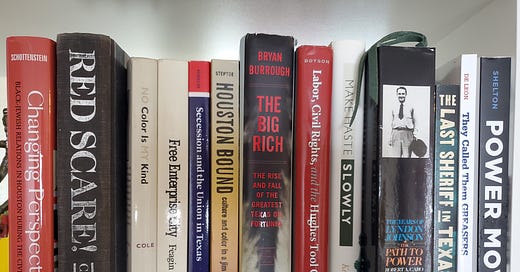



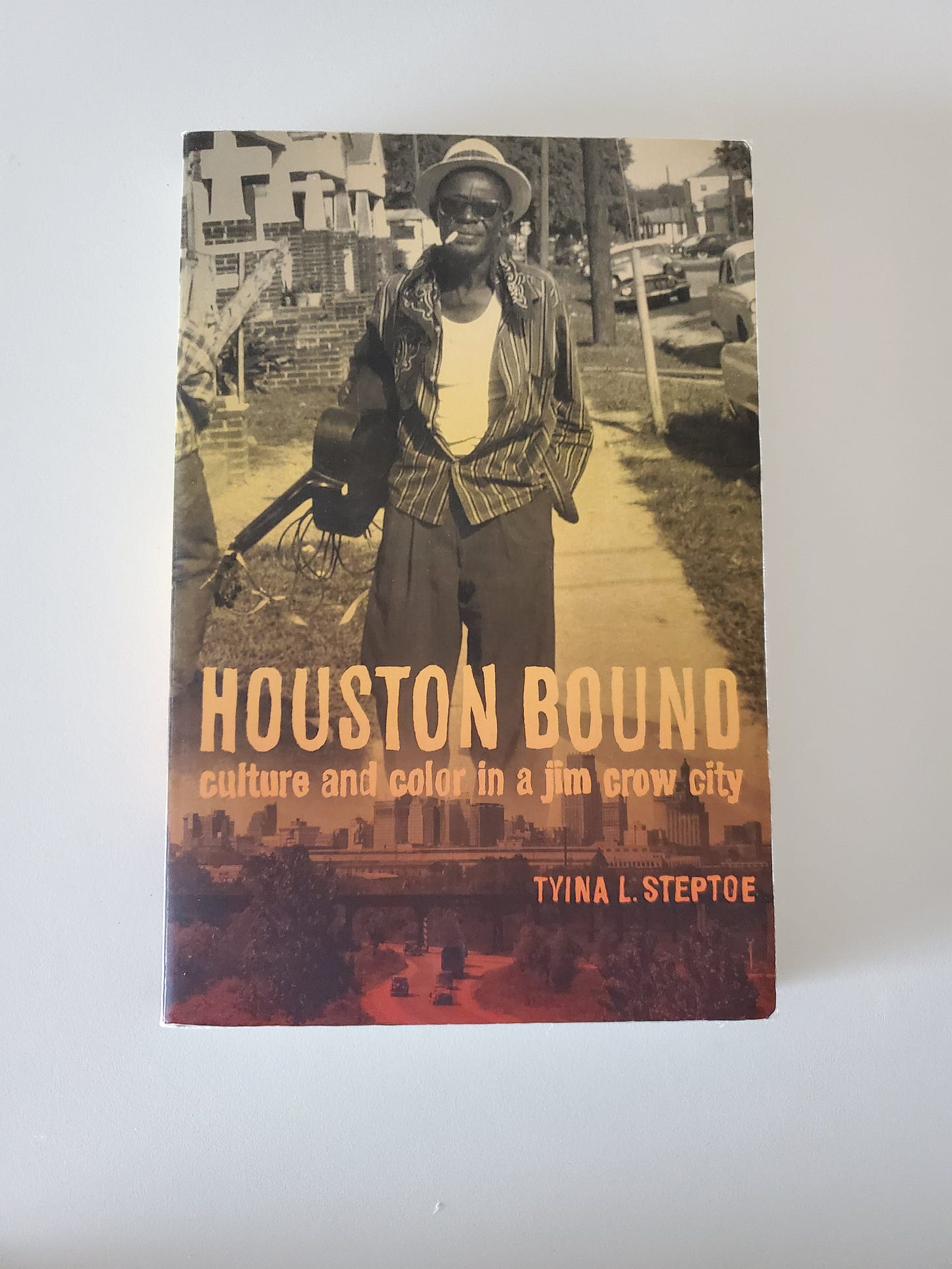
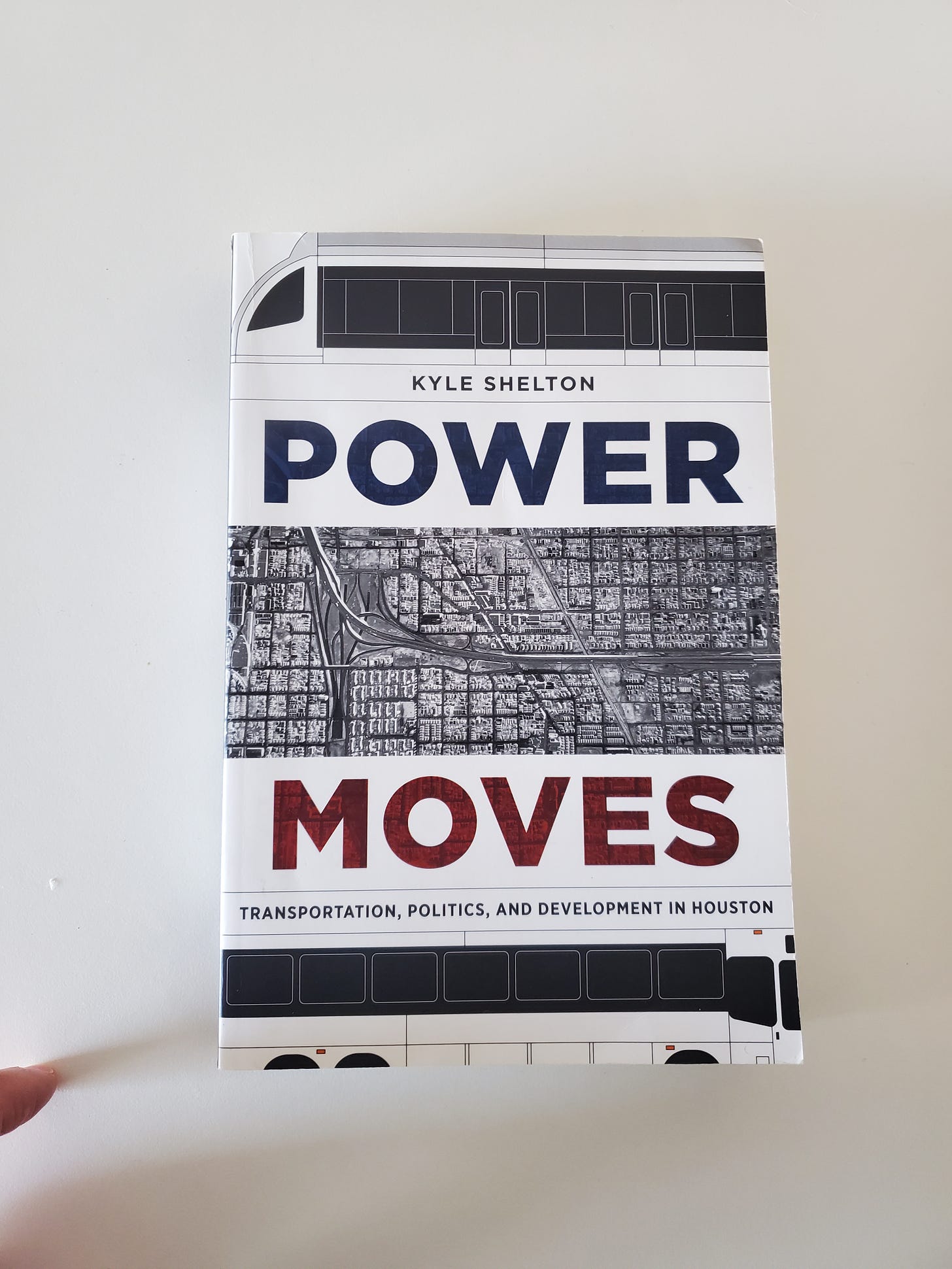
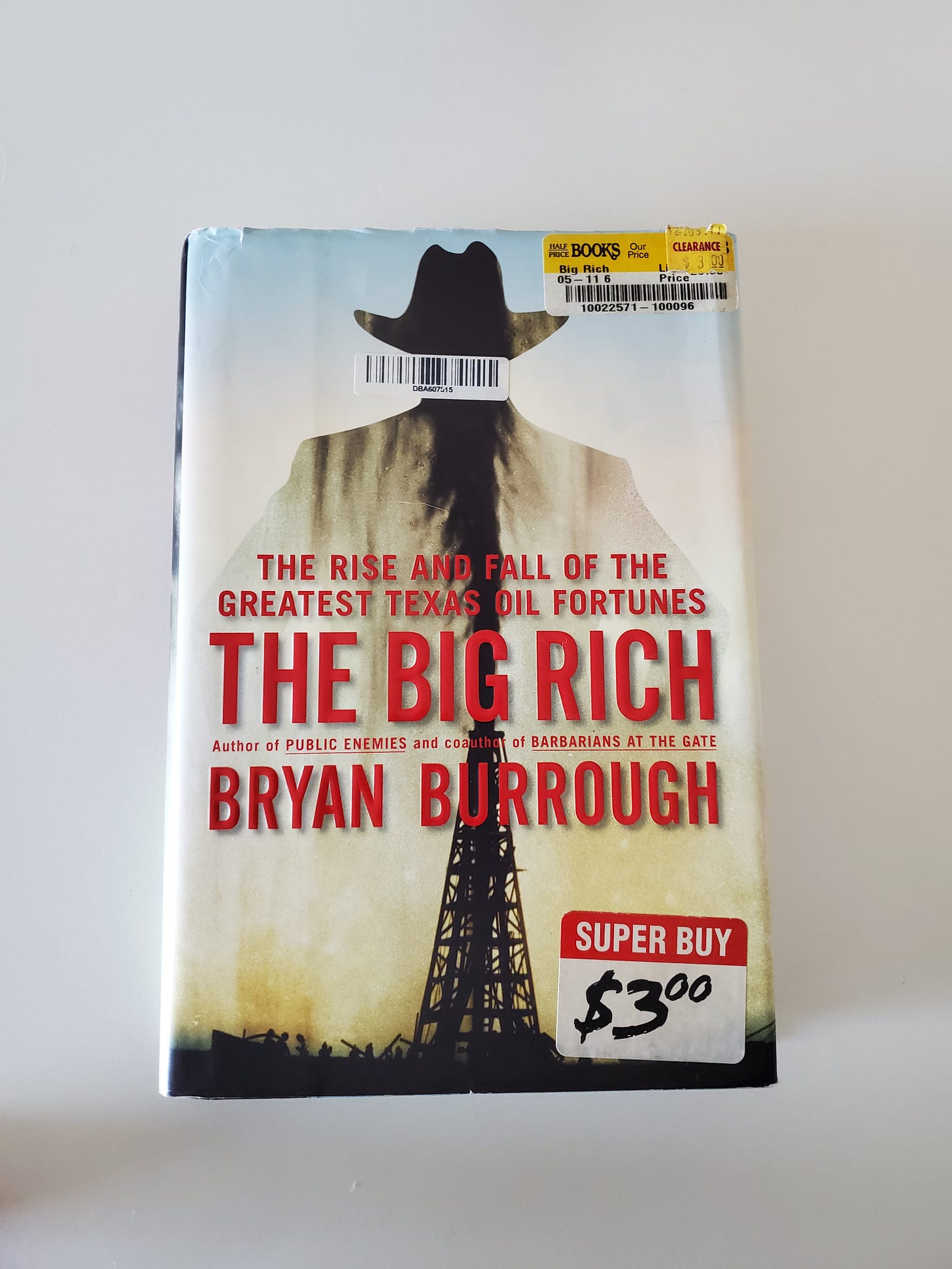
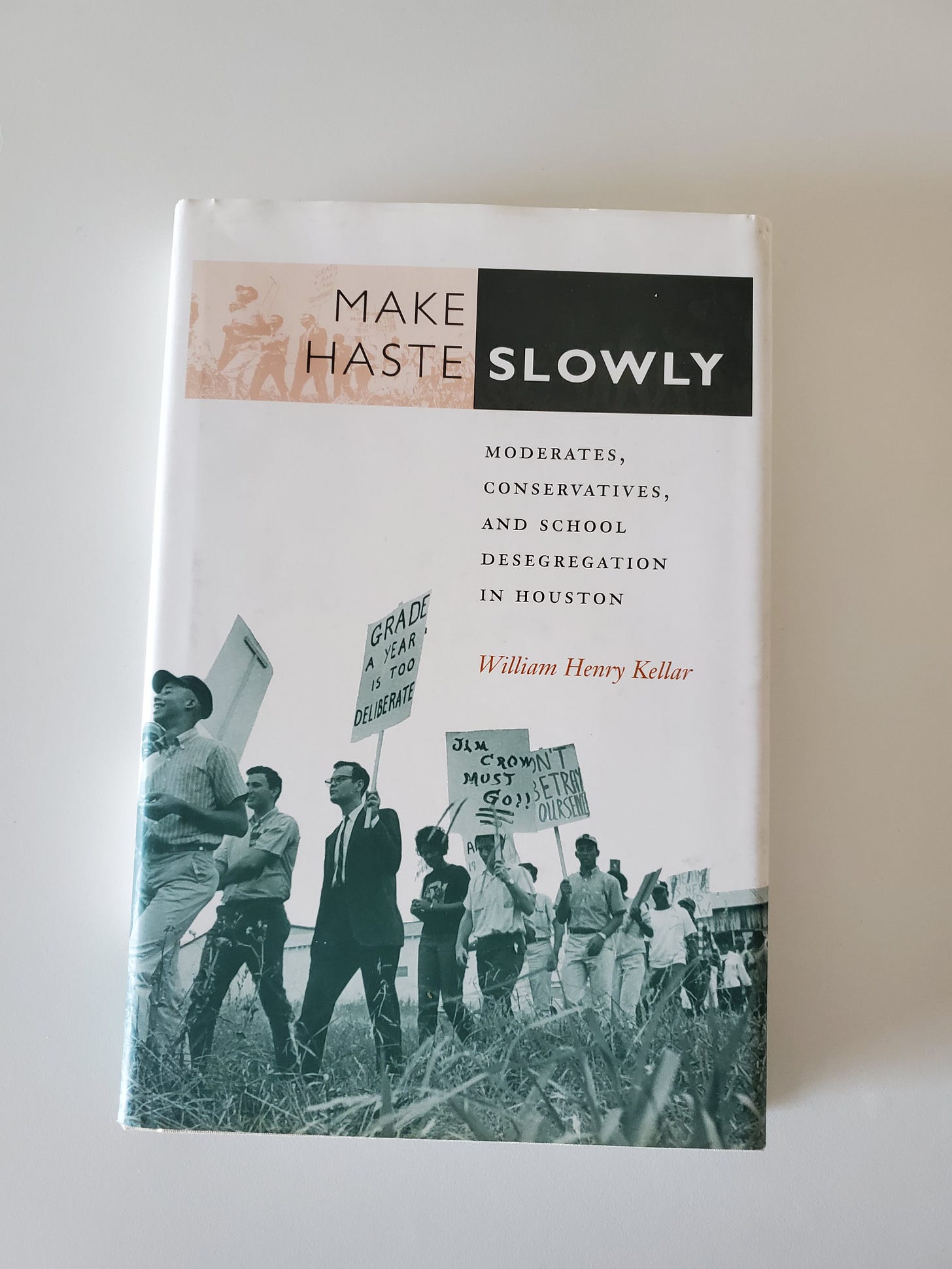
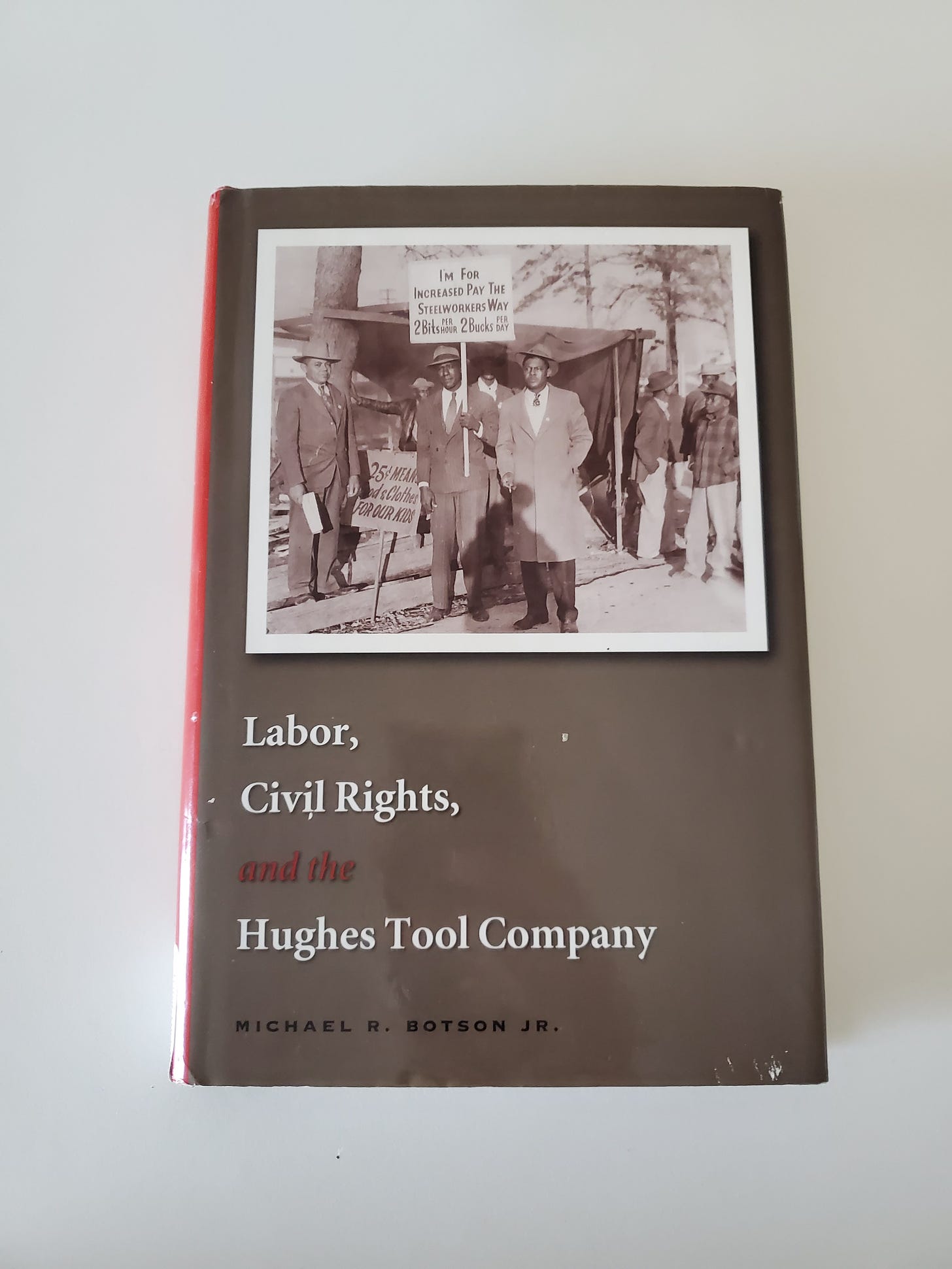
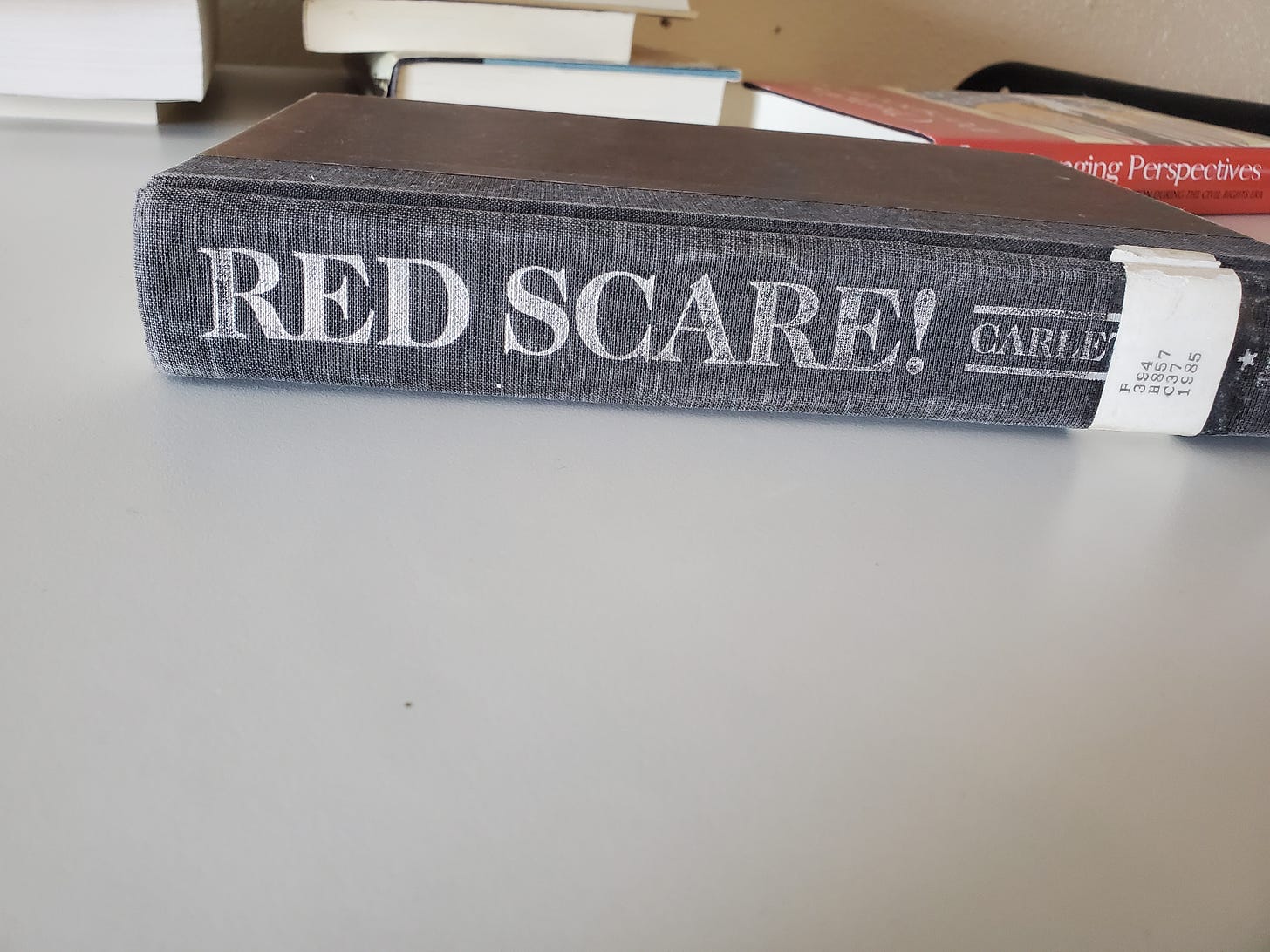
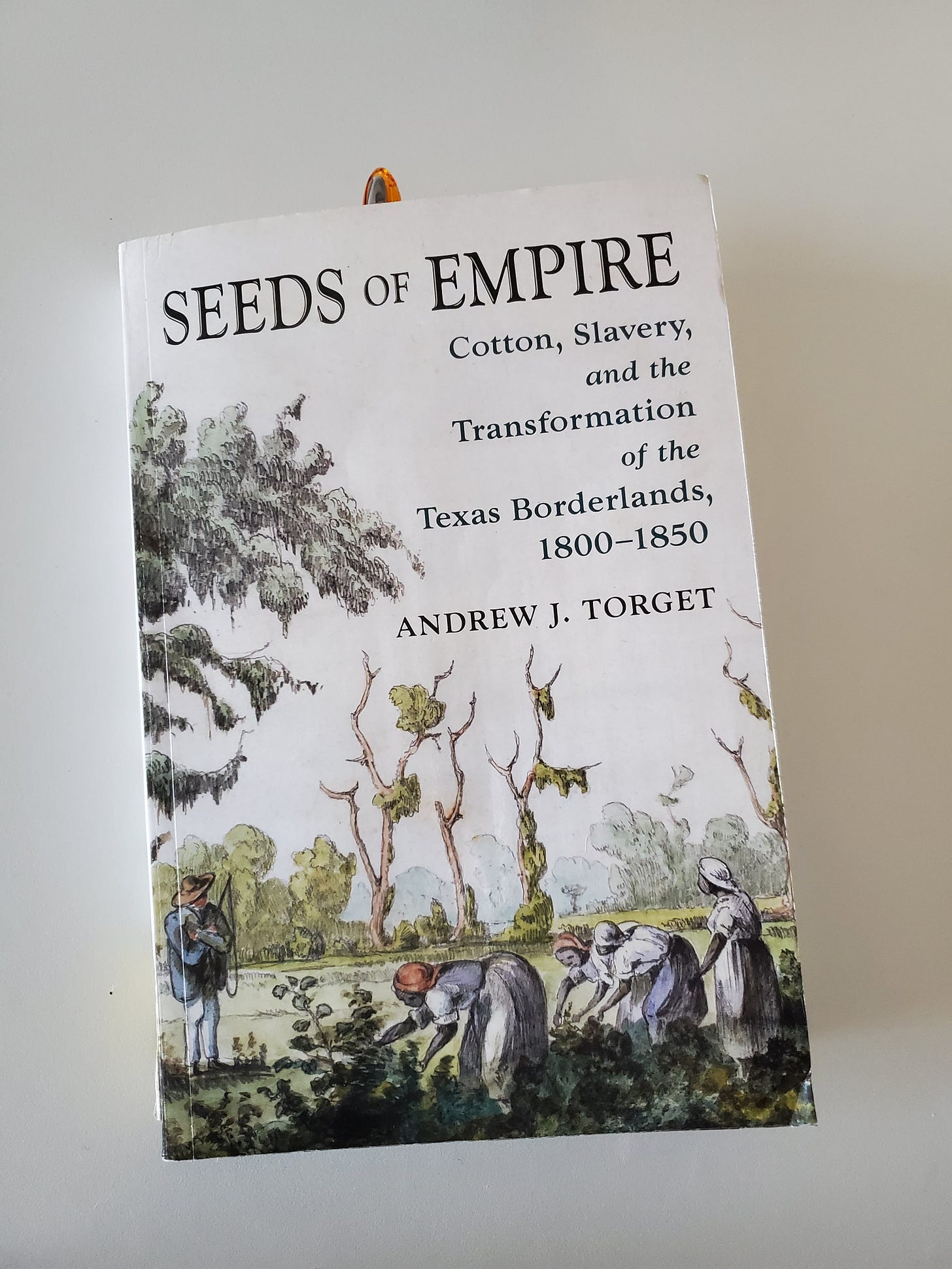
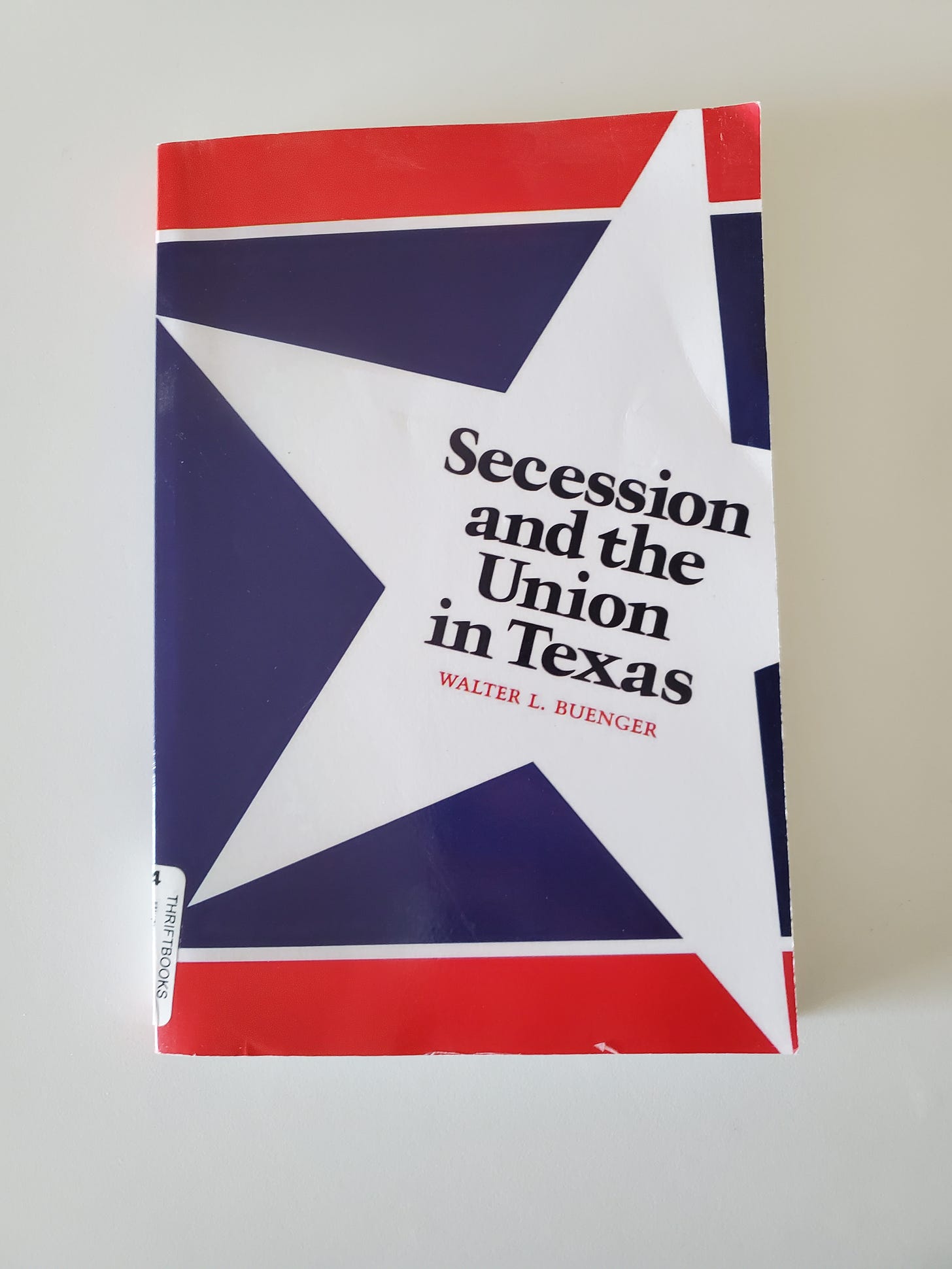
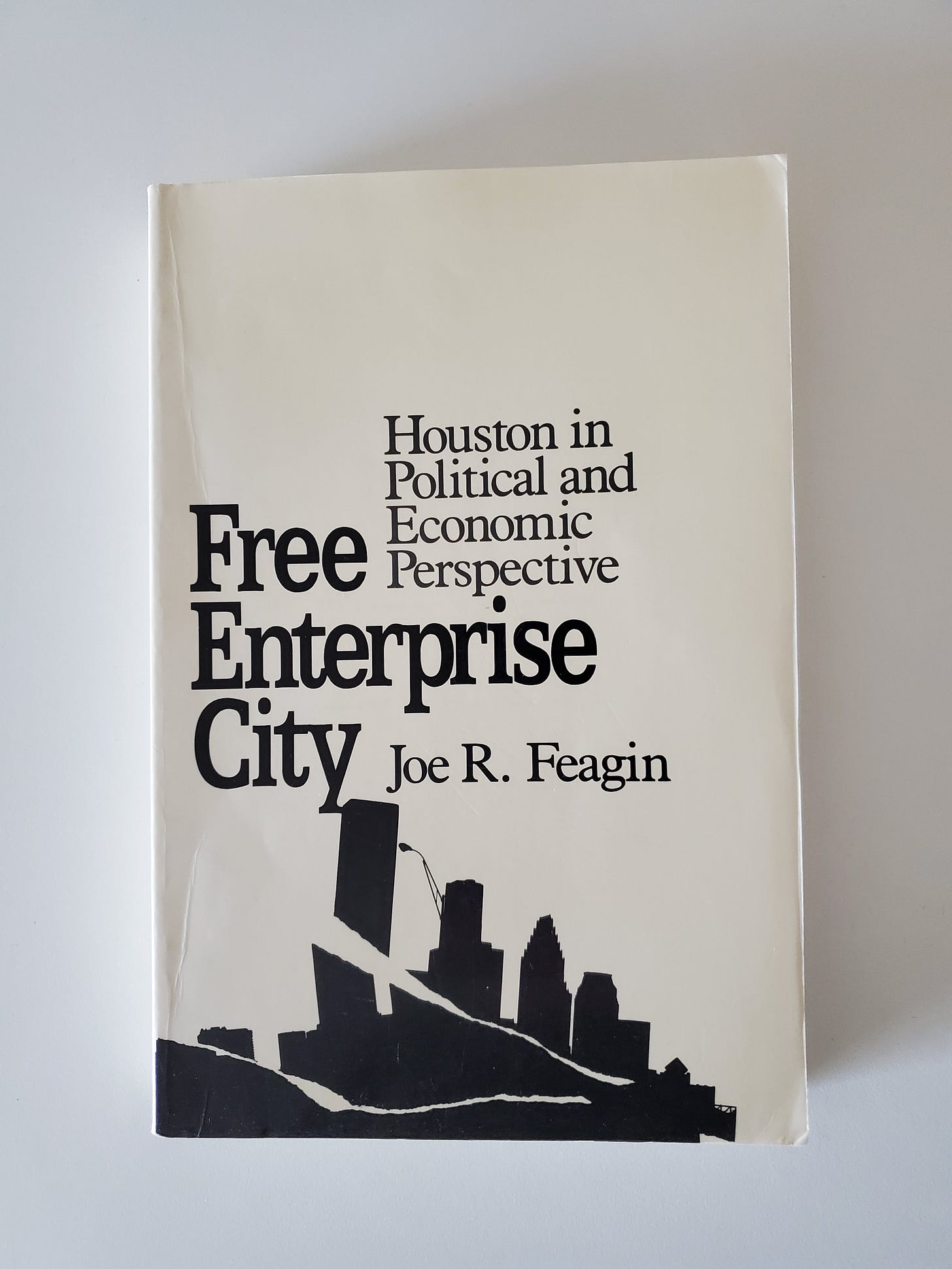
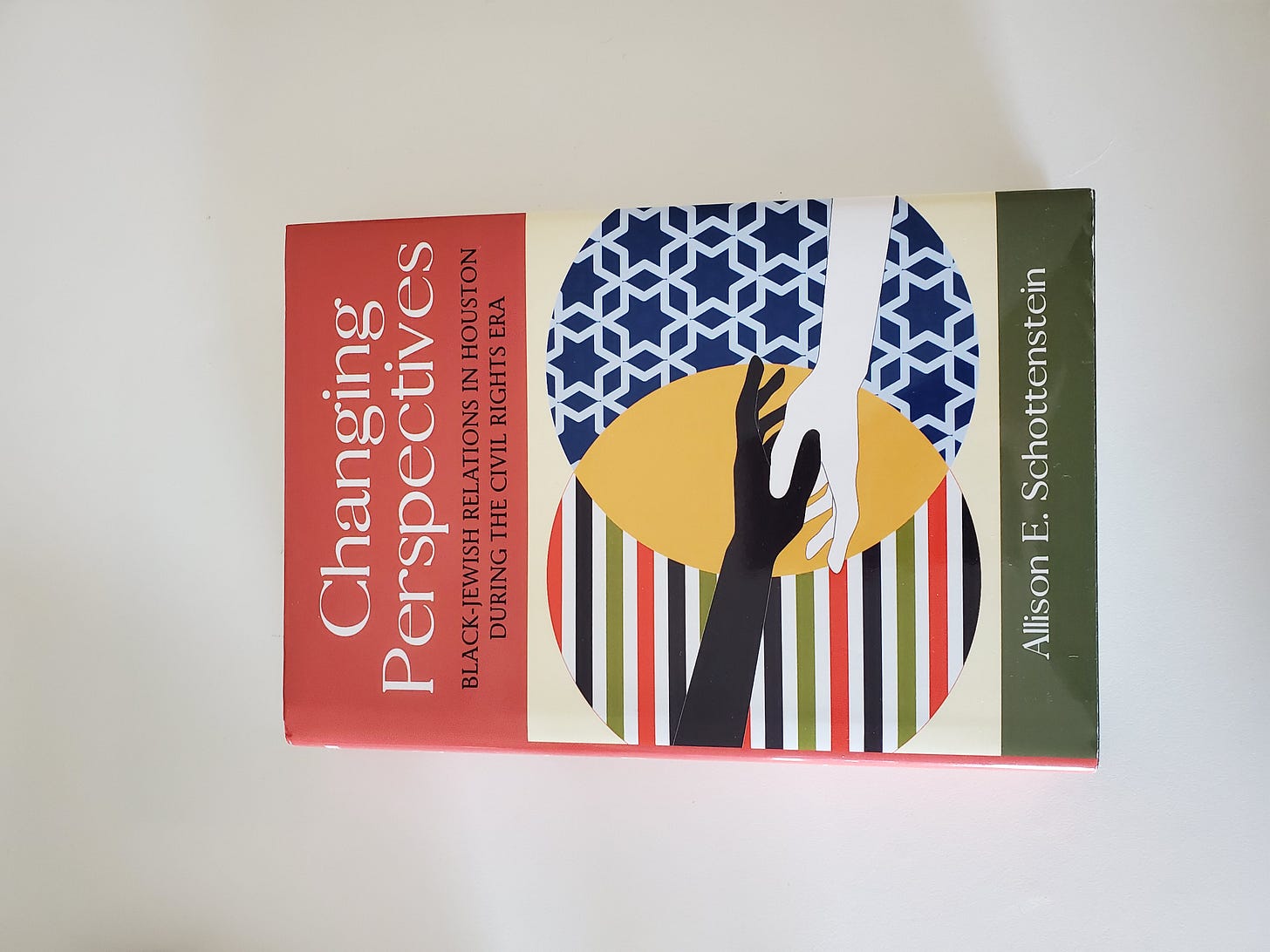
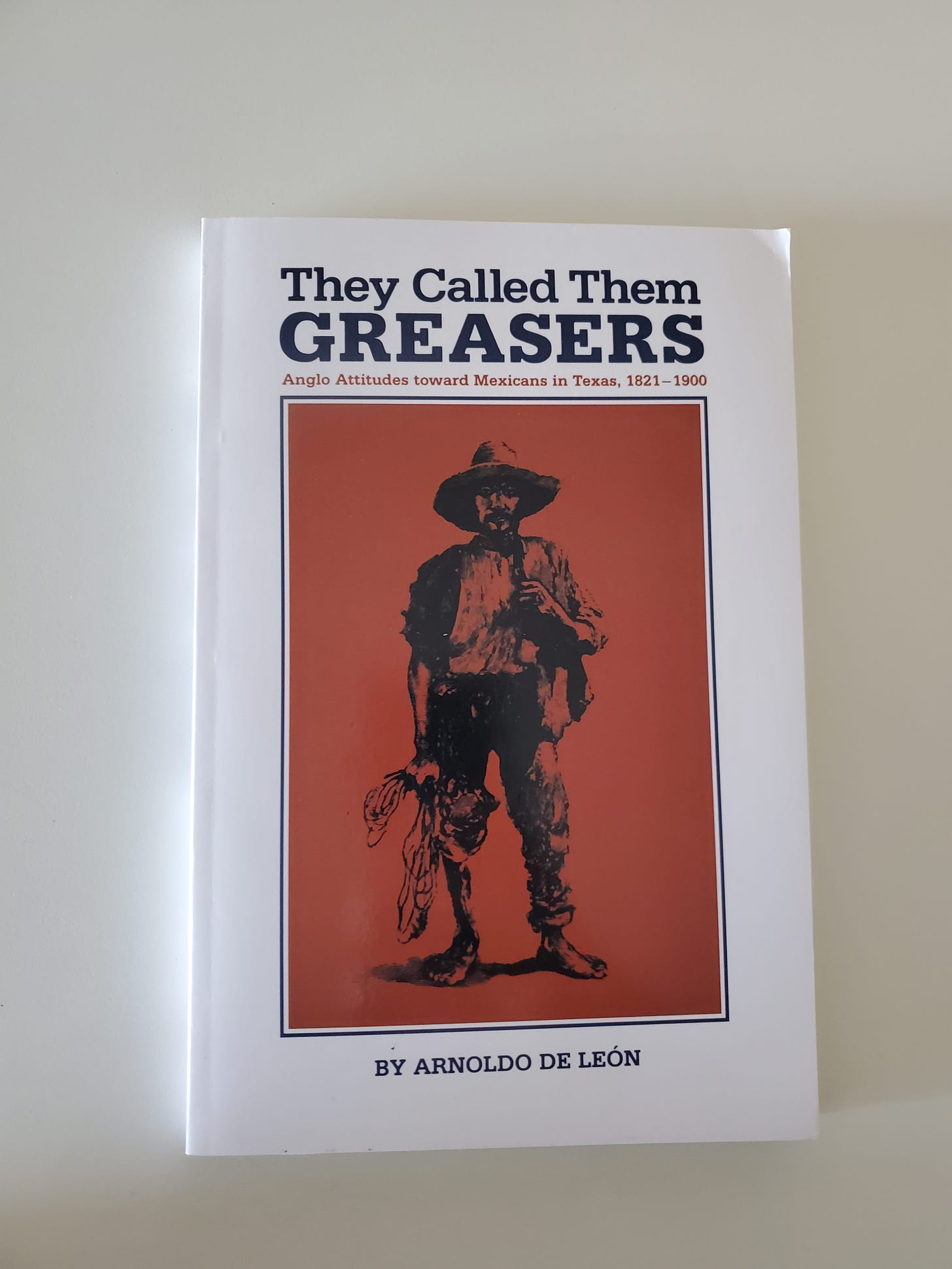
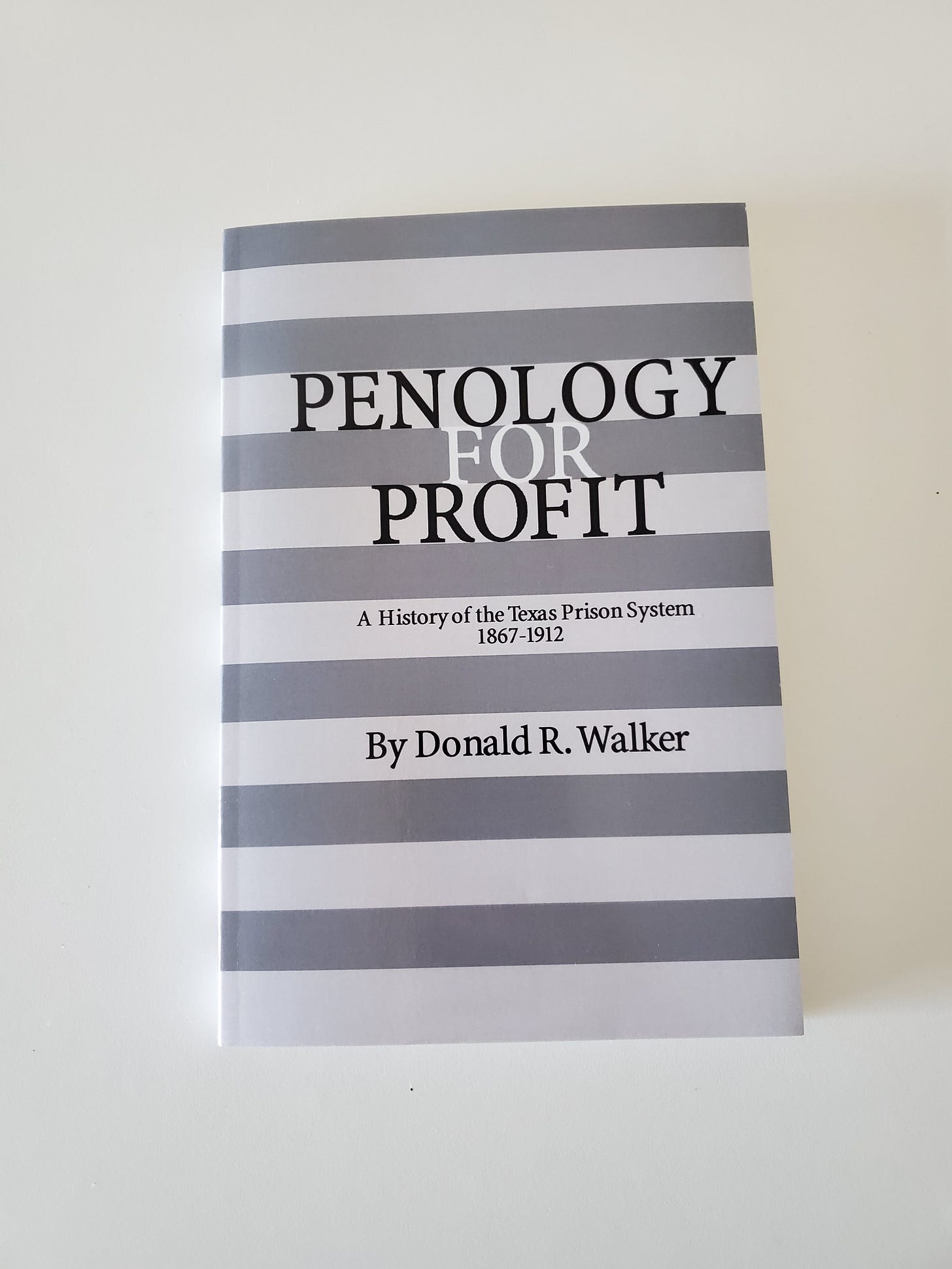
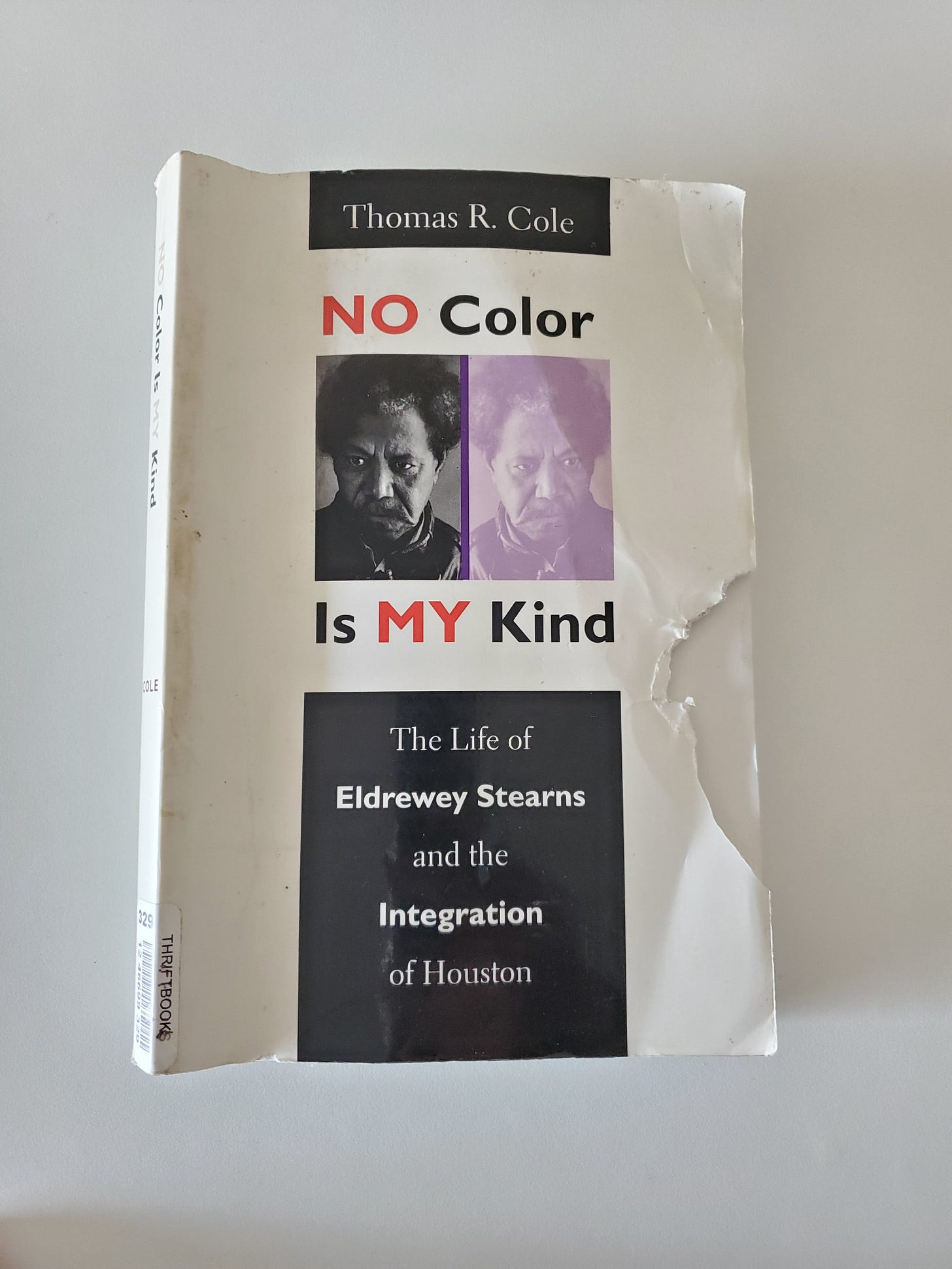
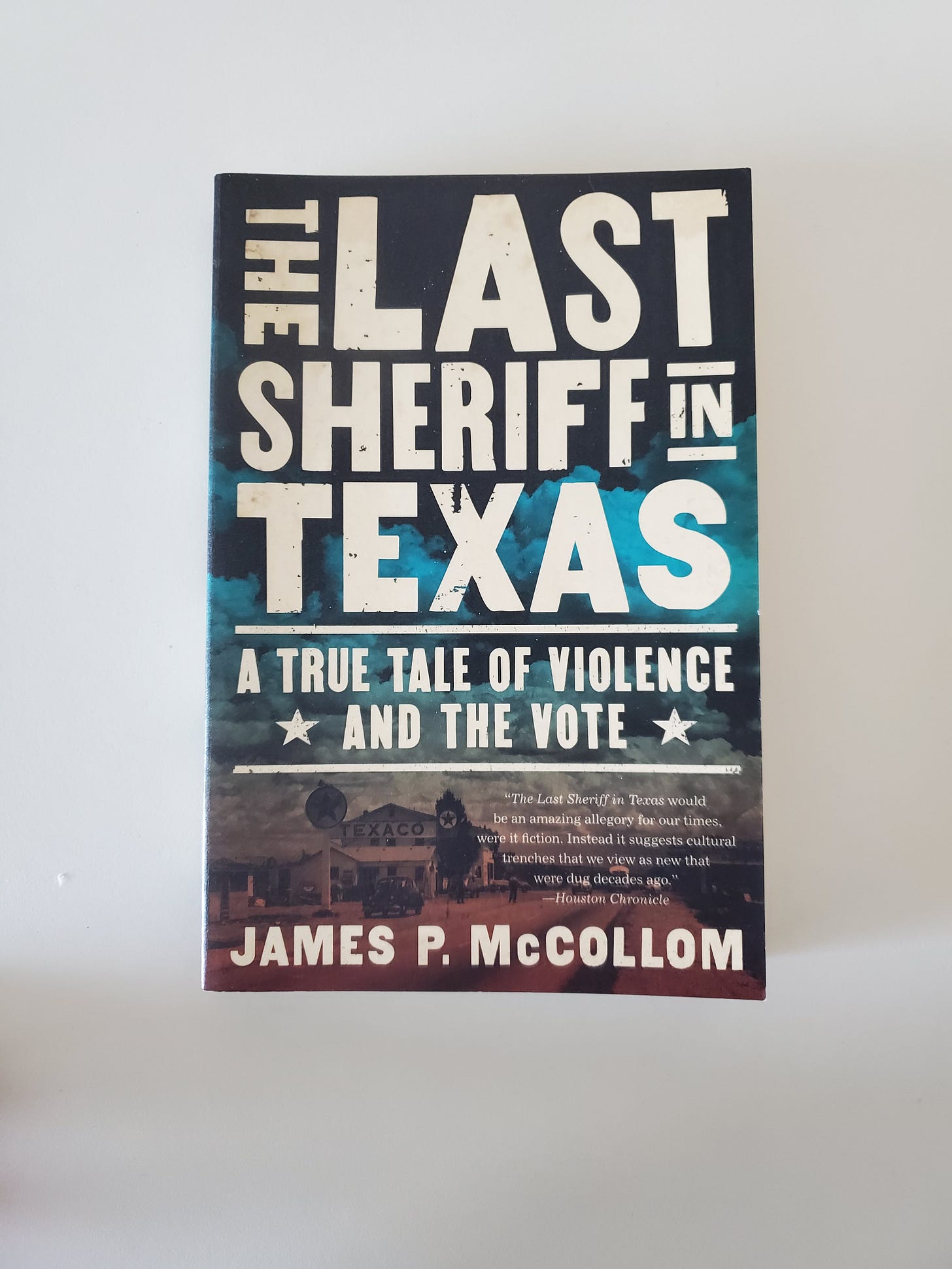
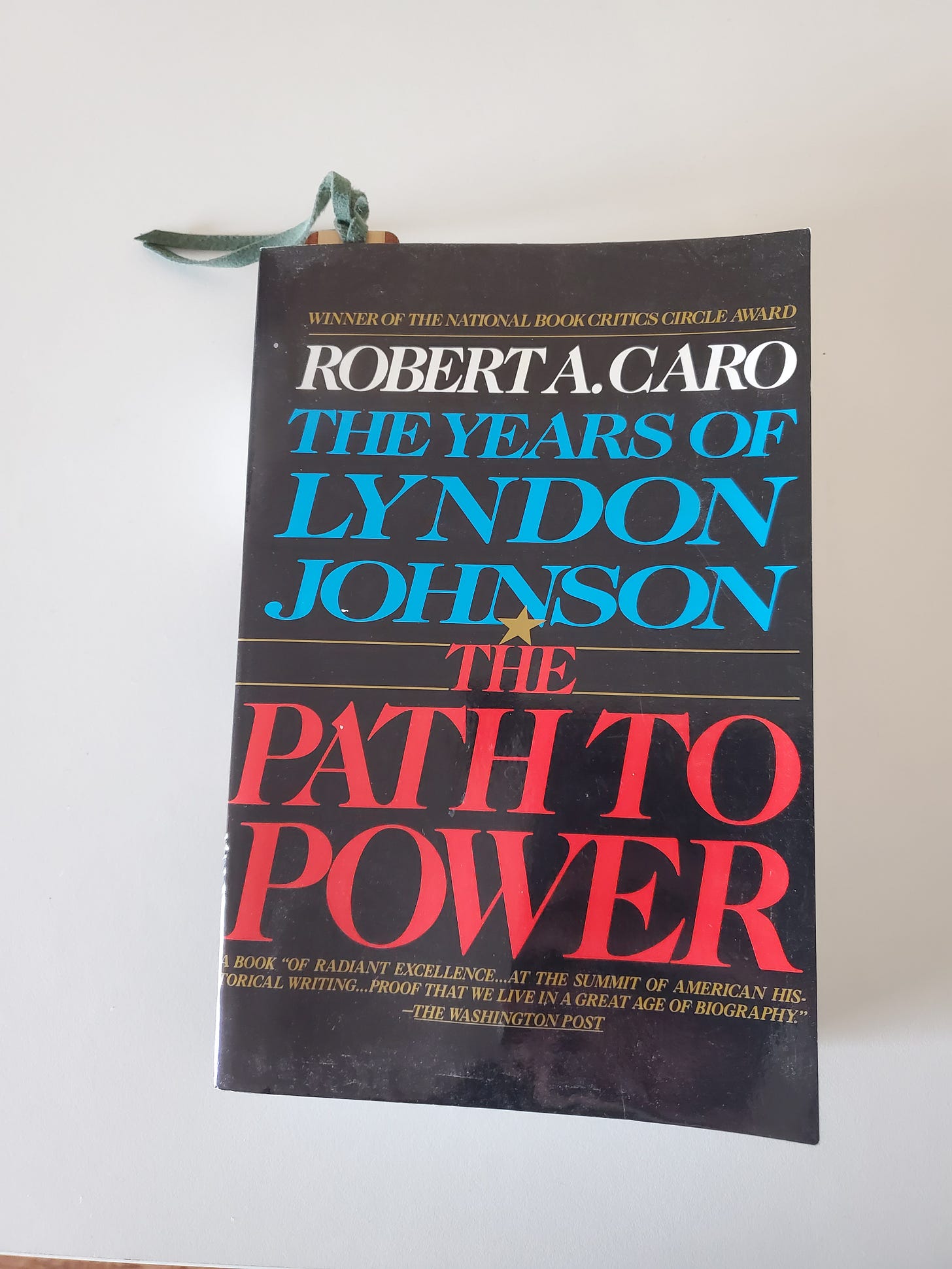
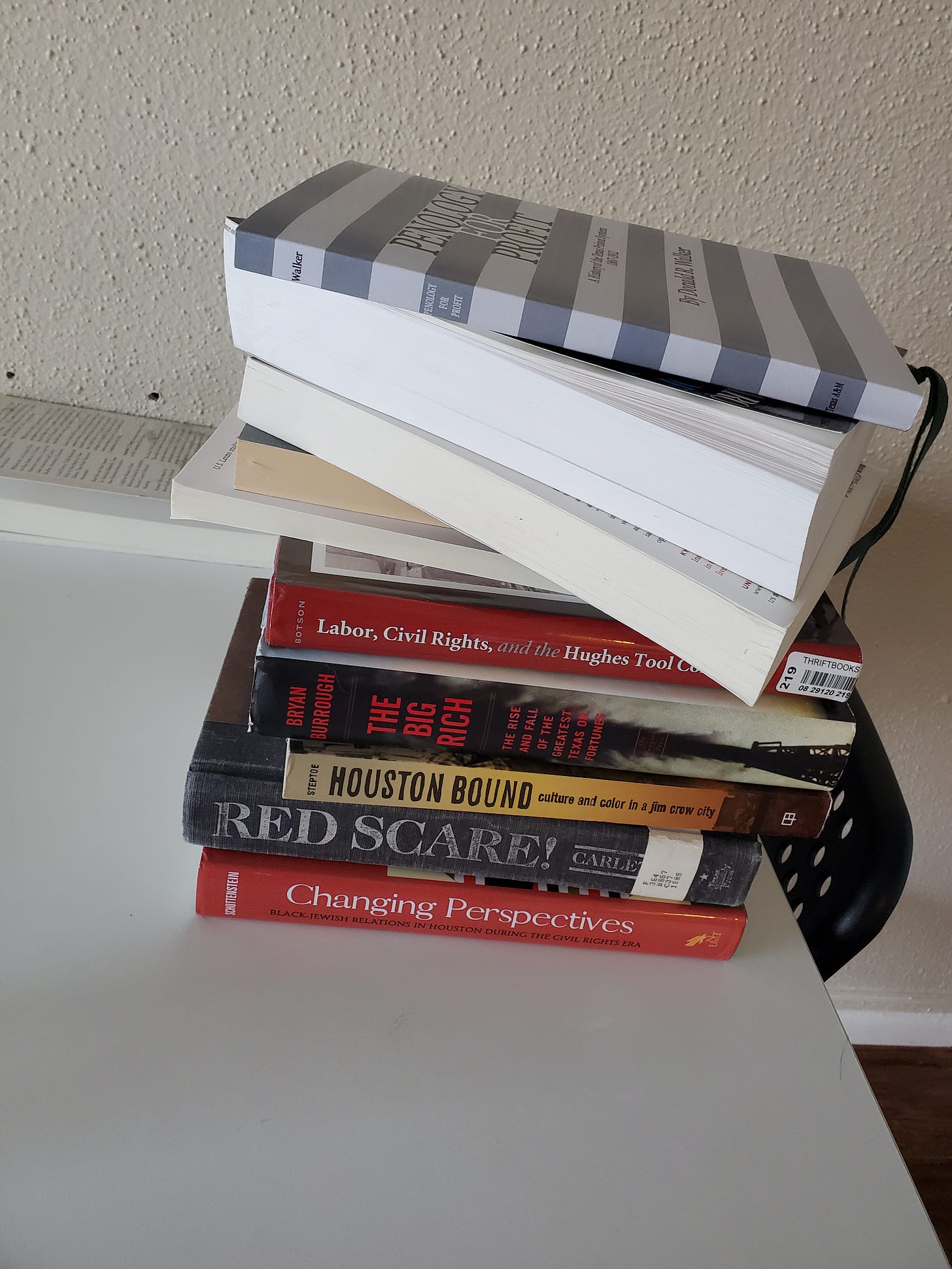

Excellent list. I'll turn to it often, I'm sure. Thanks!